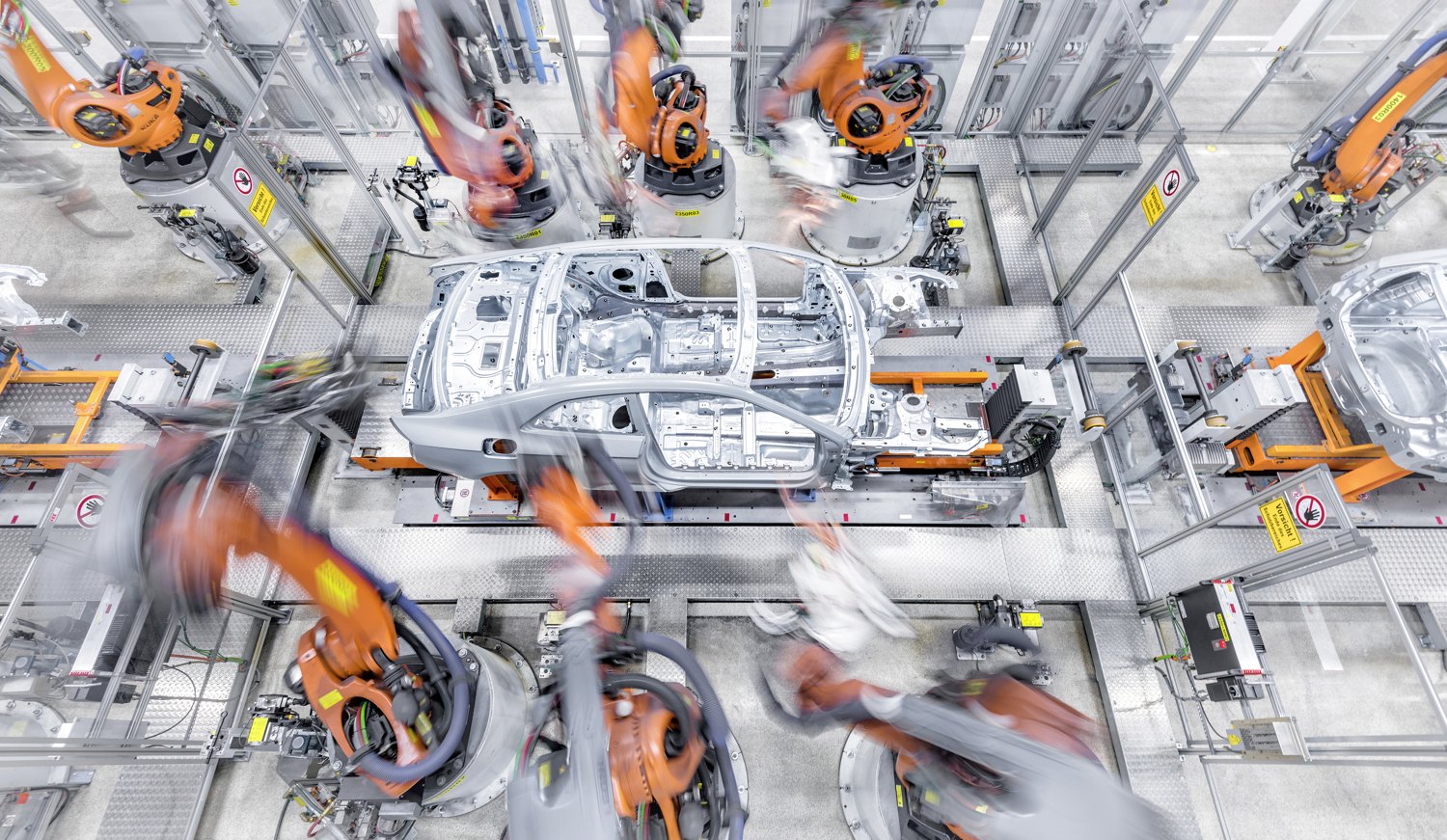
SHANGHAI – With a big push from President Xi Jinping, large cities across China have finally started to loosen limits on new-vehicle sales.
The measures are designed to provide relief for carmakers and dealers after new-vehicle sales tumbled 82 percent in February and struggle to gain traction in March.
China’s major cities are densely populated. More than 10 of them have imposed quotas on new-vehicle license plates to help ease traffic congestion and air pollution.
After the new-car market began contracting in mid-2018, central government agencies such as the ministry of commerce repeatedly urged big cities to relax the controls, to no avail.
With the coronavirus outbreak wreaking havoc on demand, Xi echoed the pleas of other government officials through official media channels Feb. 16. His overture seems to have produced a positive impact.
Shanghai has issued 11,970 new license plates so far in March, well above the less than 10,000 the city averaged a month in 2019.
Hangzhou, the provincial capital of east China’s Zhejiang province, this week announced that it will expand an annual new license plate quota by 20,000 in 2020.
The government of Guangzhou, the capital of south China’s Guangdong province, has agreed to raise the quotas for taxis and passenger vehicles this year, though it didn’t provide details.
Beijing, China’s capital city, also is considering doing so, and in a big way. An internal document leaked Wednesday indicates the city government is “studying” the option of adding at least 100,000 new license plates for electric vehicles this year.
Now that Xi has weighed in, other cities are likely to follow suit.
That’s probably the best thing the auto industry can hope for at this stage.
The Chinese government doesn’t have the financial leverage to slash taxes on new-vehicle sales or extend subsidies for electrified vehicles beyond 2020 after spending hundreds of billions of yuan to contain the epidemic so far this year.
——Source:autonews.com









